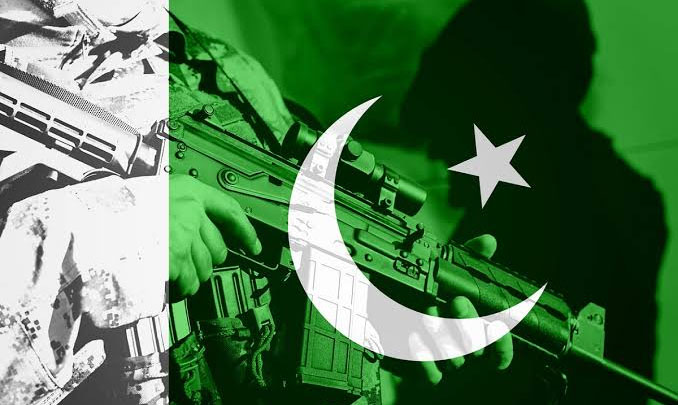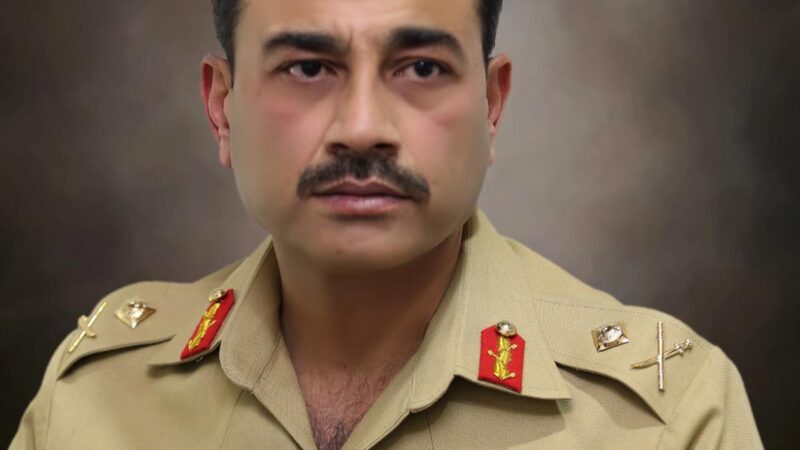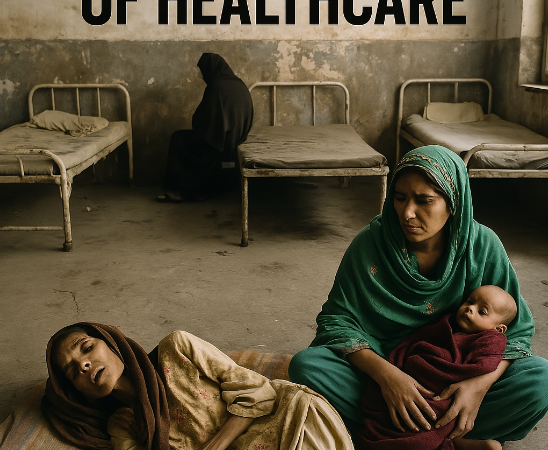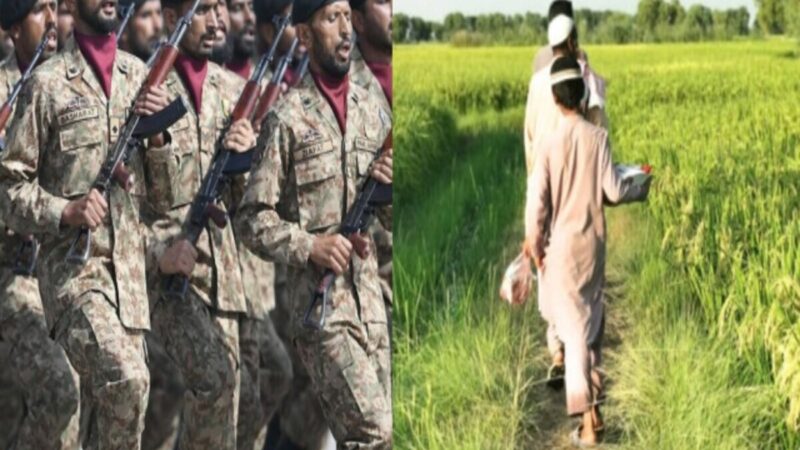European think-tank urges UN to hold Pakistan accountable for promoting terrorism

Advertisement
The United Nations must hold Pakistan accountable for promoting terrorism and failing to live up to its legal and moral obligations towards its own people and the international community, suggested a European think-tank.
During an intervention at the 46th session of UN Human Rights Council in Geneva, UK Prime Minister Johnson had said: “In 2019 and 2020, following growing diplomatic pressure from the FATF and seemingly not driven by a genuine attempt to combat terrorism, Pakistan arrested Hafiz Saeed and Zakiur Rehman Lakhvi, two UN-designated terrorists. These sham arrests exemplify Pakistan’s double-edged approach towards terrorist activities: terrorism is patronized when strategically useful but opposed when it targets Pakistani interests.”
He added, “This is most apparent in Afghanistan, where Pakistan will now have to adapt to an at least partially Taliban-led government.”
Global terror watchdog Financial Action Task Force (FATF) recently announced that Pakistan will continue to remain on its grey list due to failure to comply with all the points of a plan of action set by it to combat terror financing.
The FATF said there had been serious deficiency on the part of Pakistan in checking terror financing and hence it will continue to remain on the “increased monitoring list”, another name for the “Grey List”.
Aaron Magunna, a research analyst at European Foundation for South Asian Studies (EFSAS) said an end to violence is unlikely to materialise through the Afghan Peace Agreement.
“Rather, the US-Taliban deal has shifted the focus towards Pakistan as a safe haven for even more terrorists and terrorist organisations. The regained strength of the Pakistani Taliban and recent attacks by ISKP in Pakistan illustrate this,” Magunna said.
He added: “The current situation is a natural outcome of the well-oiled infrastructure for terror created over decades by the Pakistani Army and its intelligence agencies and Islamabad’s consistent distinction between good and bad terrorists.”
“To be clear: this strategy has yielded no benefits for the political and economic wellbeing of Pakistan and the wider region. Until the Pakistani Army abandons this deeply entrenched way of operating, however, this situation will not change,” said the research analyst.
He concluded in his report that terrorism inherently undermines the promotion and protection of human rights while urging the Council to hold Islamabad accountable for failing to live up to its legal and moral obligations towards its own people and the international community.
Advertisement






